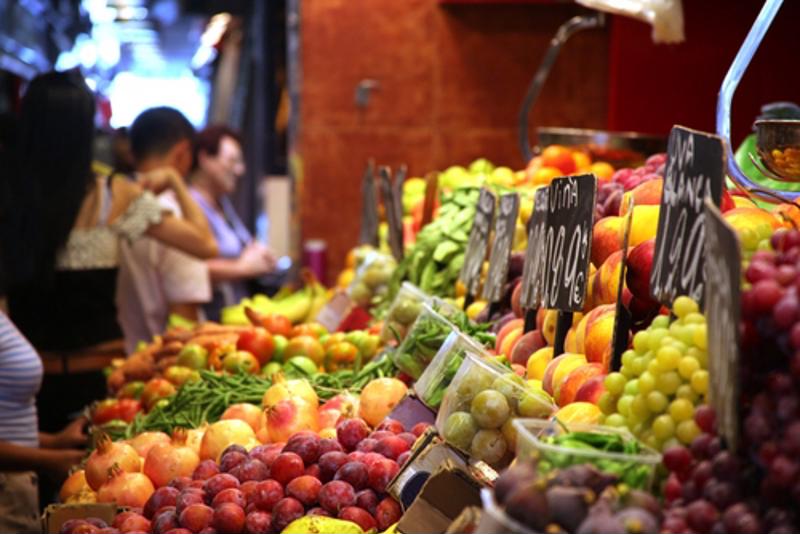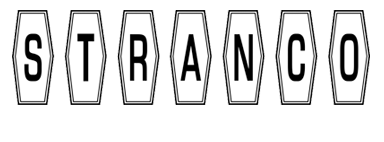Many American consumers have been told that they should not eat food products containing GMOs – though they might not completely understand what they are or why they are harmful. The Non-GMO Project defines GMOs as 'living organisms whose genetic material has been artificially manipulated in a laboratory through genetic engineering." Essentially, this scientific practice combines various genes that would not naturally occur in nature or through normal crossbreeding methods.
Right now, the U.S. is in the process of passing legislation that would create national labeling standards for food products containing GMOs, which would preempt state GMO labeling laws. Currently, over 60 countries around the world – encompassing an estimated 40 percent of the globe's population – already require labeling for any GMOs, according to LabelGMOs.org. The vast majority of these countries do not consider GMOs safe for consumption. Meanwhile, the very same companies that rigidly fight against GMO labeling in the U.S. already properly label their genetically modified products when they sell them overseas.

What does this bill mean for the labeling and food industries?
Interestingly enough, this bill does not mandate that distributors apply the GMO label on the exterior of the product. Instead, food sellers can choose one of three labeling options – a symbol, text or electronic QR code link – to show that the product has in fact, been genetically modified, according to Bloomberg. This lack of explicit clarity has lead certain bill dissenters to dub it the "DARK Act."
Meanwhile, major food and retail industry leaders such as Wal-Mart, Monsanto and the National Corn Growers Association have pushed for this legislation. The Senate already passed the bill July 7, while the House of Representatives went on to pass it with bipartisan support July 14. The Obama Administration has already expressed its support for the bill, as it would secure the way for producers who have already gained the "certified organic" label from the Department of Agriculture to also clearly apply "Non-GMO" labels on their products.
"While there is broad consensus that foods from genetically engineered crops are safe, we appreciate the bipartisan effort to address consumers' interest in knowing more about their food, including whether it includes ingredients from genetically engineered crops," White House spokeswoman Katie Hill said in an e-mail. "We look forward to tracking its progress in the House and anticipate the president would sign it in its current form."
"The bill will ban any state-enacted GMO labeling standards."
Shouldn't activists be happy with the bill?
While the bill will require food producers to label foods containing GMOs, it only deals with one type of genetic modification known as ""in vitro recombinant deoxyribonucleic acid (DNA) techniques," according to the Smithsonian Magazine. Due to the specific and occasionally unclear wording of the bill, many are unsure whether or not the bill's standards would cover newer advance in crop science.
The bill will also ban any state-enacted GMO labeling standards. While creating a national labeling standard would be beneficial to bring unity to the food industry, states such as Vermont and Connecticut are concerned about what it will mean for their enacted laws. Vermont's GMO regulation already went into effect July 1, according to Food Quality and Safety. Sen. Bernie Sanders did not vote in favor of the bill. Despite the controversy surrounding the bill, it will unite local and state labeling laws, hopefully making it easier for consumers to uniformly find the health information they need to make fully informed decisions.
At Stranco, we offer thermal transfer barcode labels for manufacturers, suppliers and distributors in need of a high-quality labeling solution. With labeling laws changing quickly for a variety of industries, you want to make sure that you partner with a label provider who will effectively meet your application needs. Contact us today to learn more.

